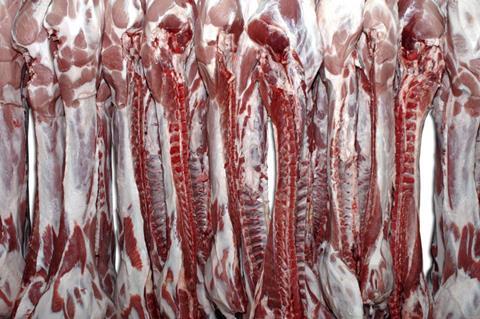The Flanders region of Belgium has banned Halal and Kosher animal slaughter, with the law being put into place on New Year’s Day 2019.

Despite apparent outcries from leaders in the Jewish and Muslim communities, ritual animal slaughter has now been banned in the region.
Belgium is home to 500,000 Muslims and more than 30,000 Jews, who claim that the ban could lead to higher prices and food shortages.
Slaughter by Muslim Halal and Jewish Kosher rules requires that an animal is in perfect health — which religious authorities say rules out stunning it first — and needs be slaughtered with a single cut to the neck that severs critical blood vessels.
However, in Flanders, animals now have to be stunned electronically before they are killed.
Belgium will be joining Sweden, Norway, Iceland, Denmark and Slovenia among the nations that do not authorise ritual animal slaughter.
Advocates for the two faiths are reported to have said the Halal and Kosher processes may cause less suffering than other methods, not more.
“The government asked for our advice on the ban, we responded negatively, but the advice wasn’t taken,” Saatci Bayram, a leader of the Muslim community in Belgium told The New York Times.
“This ban is presented as a revelation by animal rights activists, but the debate on animal welfare in Islam has been going on for 1,500 years. Our way of ritual slaughtering is painless.”
Joos Roets, a lawyer representing an umbrella organisation of Islamic institutions, has said that the ban was motivated more by “stigmatising certain groups” rather than concerns over animal welfare.
This law is also expected to take effect later this year in the southern region of Wallonia.
This story was originally published on a previous version of the Meat Management website and so there may be some missing images and formatting issues.















